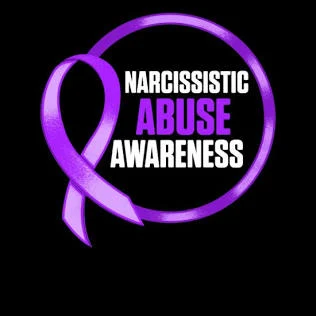The Hardest Question in Healing: Why Did I Stay?
The Hardest Question in Healing: Why Did I Stay?
This one’s going to be hard to hear. But if you’re reading this, I know you’re ready. Maybe not ready to be comfortable but ready to be honest. And honesty is where healing begins.
To truly take your power back, you have to do something that almost feels unfair. You have to take responsibility not for what they did, but for what you allowed. For what you tolerated. For what you excused. Not because it was your fault. It wasn’t. But because you’re the only one who can reclaim your life now.
Let’s be clear: You didn’t cause the abuse. You didn’t deserve it. You were manipulated, gaslit, lied to, broken down. You were made to question your reality, your instincts, your worth. You survived something most people can’t even imagine. And you did the best you could with what you knew at the time. That deserves compassion not shame.
But healing asks you to go deeper. To ask the question that gnaws at your soul in the quiet moments:
Why did I stay?
It’s not a question of blame. It’s a question of truth. And it’s a question only you can answer.
I asked myself that same question—over and over. At first, I came up with all the usual reasons.
“I thought I could fix them.”
“I didn’t want to be alone.”
“I believed in their potential.”
“I was trauma bonded.”
“I was afraid of what would happen if I left.”
And all of those were true. Every single one. But they weren’t the deepest truth. And healing doesn’t stop at the surface.
So I kept digging.
And eventually, I found something raw. Something so vulnerable it almost shattered me to name it:
I stayed because I was trying to protect my innocence.
I didn’t want to believe people could be that cruel.
I didn’t want to let go of the belief that everyone had good inside them.
I didn’t want to accept that someone I loved could see my pain and keep causing it anyway.
Holding on to that innocence was my last form of hope. If I could just love them more, be better, give more grace maybe I wouldn’t have to confront the terrifying truth that some people aren’t good. Some people use love as a weapon. Some people hurt others and don’t feel bad about it. Some people know exactly what they’re doing.
And that broke me. Because if I let that truth in, then the whole foundation of how I saw the world would collapse. It felt safer to keep believing that there was something I could do to fix it.
But that illusion was costing me everything my peace, my sanity, my self-worth.
There is no shame in how long you stayed. There is no shame in how hard you loved. But at some point, you have to stop fighting to protect your old beliefs and start fighting to protect yourself.
Because staying in that cycle was never love. It was self-abandonment. And you don’t deserve to keep abandoning yourself in the name of loyalty, hope, or fear.
You deserve honesty. You deserve to look at your reflection and say,
“I see you. I know why you stayed. And I’m not judging you. But we’re not doing that anymore.”
You have to answer the question not to blame yourself but to free yourself.
Healing doesn’t ask for perfection. It asks for truth. And the truth is, your power begins where your denial ends.
So ask the question. Let the answers come without shame, without judgment. Just truth.
Because behind every hard answer is a door back to yourself. And you’ve been gone long enough.



Comments
Post a Comment
Please leave a comment